Empowering Women: The Key to Africa’s Climate Resilience and Justice
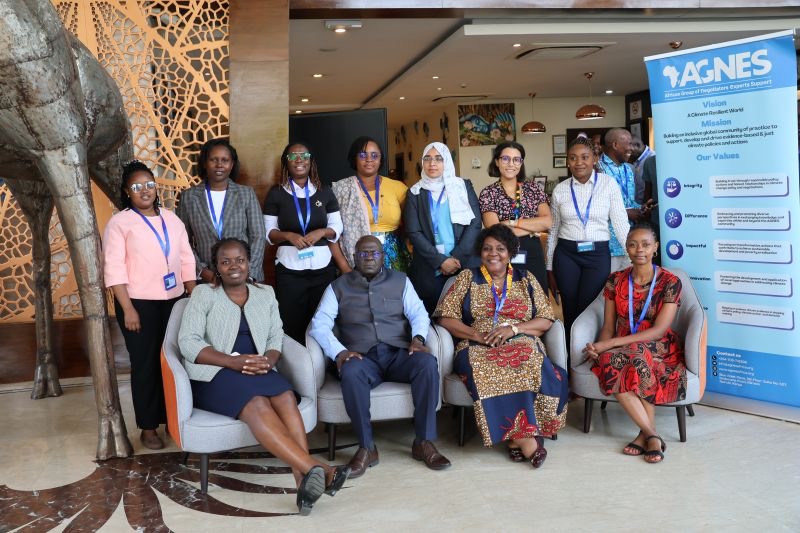
By: Afia Agyapomaa Ofosu (Email: prissyof@yahoo.com)
“You cannot achieve climate justice without achieving gender equality.” These powerful words from Ugandan climate activist Vanessa Nakate underline a vital truth that demands our immediate attention. In Africa, where the effects of climate change are most pronounced, women play a crucial role—not merely as victims of this crisis but as formidable advocates for change. It’s no longer debatable whether women should have a voice at decision-making tables; the reality is that they have been the very foundation of those discussions.
The African Group of Negotiators Experts Support (AGNES) acknowledges this crucial fact and is dedicated to ensuring women claim their rightful place in climate action. In collaboration with the African Development Bank Group, the African Development Fund (ADF), and the Climate Investment Funds (CIF), AGNES has launched a transformative initiative known as the Empowering Women in Climate Governance Programme. This pioneering program has united ten remarkable women leaders from diverse corners of Africa.
These influential figures—Helene Uzayisenga from Rwanda, Beverly Mishili from Zambia, Susan Nanduddu from Uganda, Namo Lawson from Togo, Eman Abdelazam from Egypt, Anne Omwoyo from Kenya, Nour Mansour from Tunisia, Karishma Ansaram from Mauritius, Dr. Joyce Ogwezi from Nigeria, and Afia Agyapomaa Ofosu from Ghana—gathered in Nairobi, Kenya, not merely to gain knowledge but to assert their leadership. This assembly marked an empowering moment of shared wisdom, networking, and support among peers, signaling that women are at the forefront of the climate struggle.

Climate change is inherently a gender issue
Africa stands at the frontline of the climate emergency, facing relentless adversity. According to the 2023 State of Climate in Africa report, extreme weather—including floods, droughts, soaring temperatures, and altered rainfall—is wreaking havoc on economies, ecosystems, and exacerbating existing inequalities. The ramifications extend far beyond immediate impacts; they uproot the lives of countless individuals, especially women.
When floods recede and the dust settles from droughts, it’s women who are often left to rebuild their lives. Despite enduring the greatest hardships, they remain sidelined in the decision-making processes that directly affect them. These women are excluded from the crucial spaces where policies are formed, budgets are decided, and solutions are crafted—spaces that desperately need their perspectives.
It’s essential to consider this alarming statistic: by 2030, an estimated 118 million people in Africa will face increased vulnerability to extreme climate conditions, with a significant proportion being women. Can we continue to justify excluding those who will bear the brunt of this crisis?
The disparities are stark. Women, who constitute over half of Africa’s population, are often denied the authority to shape the systems that perpetuate their marginalization. They encounter barriers to political and economic participation, facing restricted access to financial resources, education, and essential services. The divide between those suffering from climate impacts and those holding the reins of power continues to widen daily.
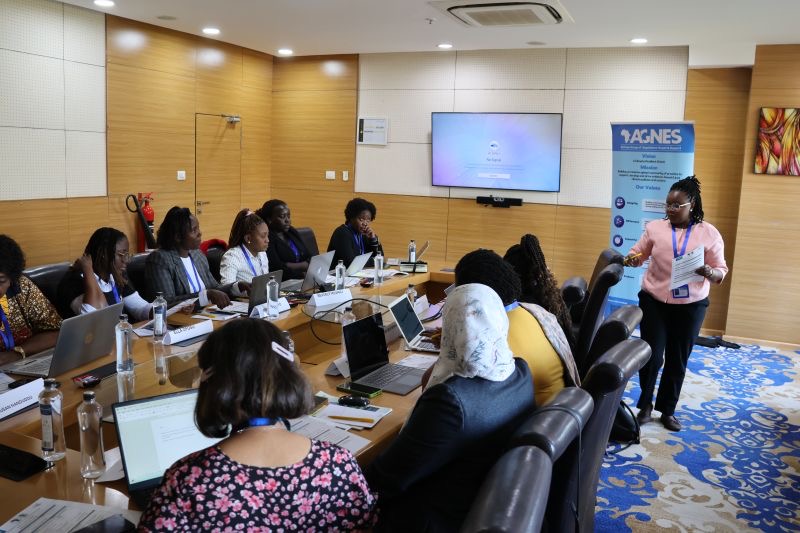
Is it just that Africa’s women labor tirelessly to cope with a changing climate while being excluded from the governance systems that could facilitate improvements in their lives? Absolutely not.
A rallying call for African women’s leadership
During the Nairobi Induction Workshop, AGNES Team Leader Dr. George Wamukoya issued a resounding call to action: “Gender is critical in climate governance because it lies at the heart of the issue. With the Gender Action Plan concluded, Africa stands in need of a new framework. This is the moment for African women to step up and share their invaluable insights.”
His words struck a chord within me, prompting deep reflection on the challenges faced in my own country, Ghana, where illegal mining (Galamsey) devastates local communities. Rivers are polluted, soils are impoverished, and the silence from our leaders is profound. Women and children disproportionately bear the weight of these realities, yet accountability remains elusive.
What will awaken our leaders to the price of their inaction? The time for patience has passed. We must advocate for a future where women’s voices are not only acknowledged but prioritized. Women participating in the AGNES program are demonstrating their vast knowledge, resilience, and desire to lead this charge. They illuminate the path to a future where climate justice and gender equality are intrinsically linked.
We can no longer afford to procrastinate, hoping others will address these crises. Every moment of inaction translates directly to hardship for someone’s home, community, or future. It’s crucial to understand that empowering women isn’t just an element in the fight for climate justice; it’s the very foundation of it.
The urgency to act is now
What direction will we take: continue to exclude those who can provide meaningful solutions or boldly center women in climate governance? The women who convened in Nairobi are prepared to lead; the question is, are we ready to support them?
One thing remains clear: we cannot resolve the climate crisis without confronting the entrenched inequalities that fuel it. Women are not an afterthought in this endeavor; they are its essence. If we are to have any chance of progress, we must uplift them—not tomorrow, or with the next climate initiative, but immediately.
Time is of the essence. Storms are on the horizon. However, with women at the helm, we stand a chance of facing them together.
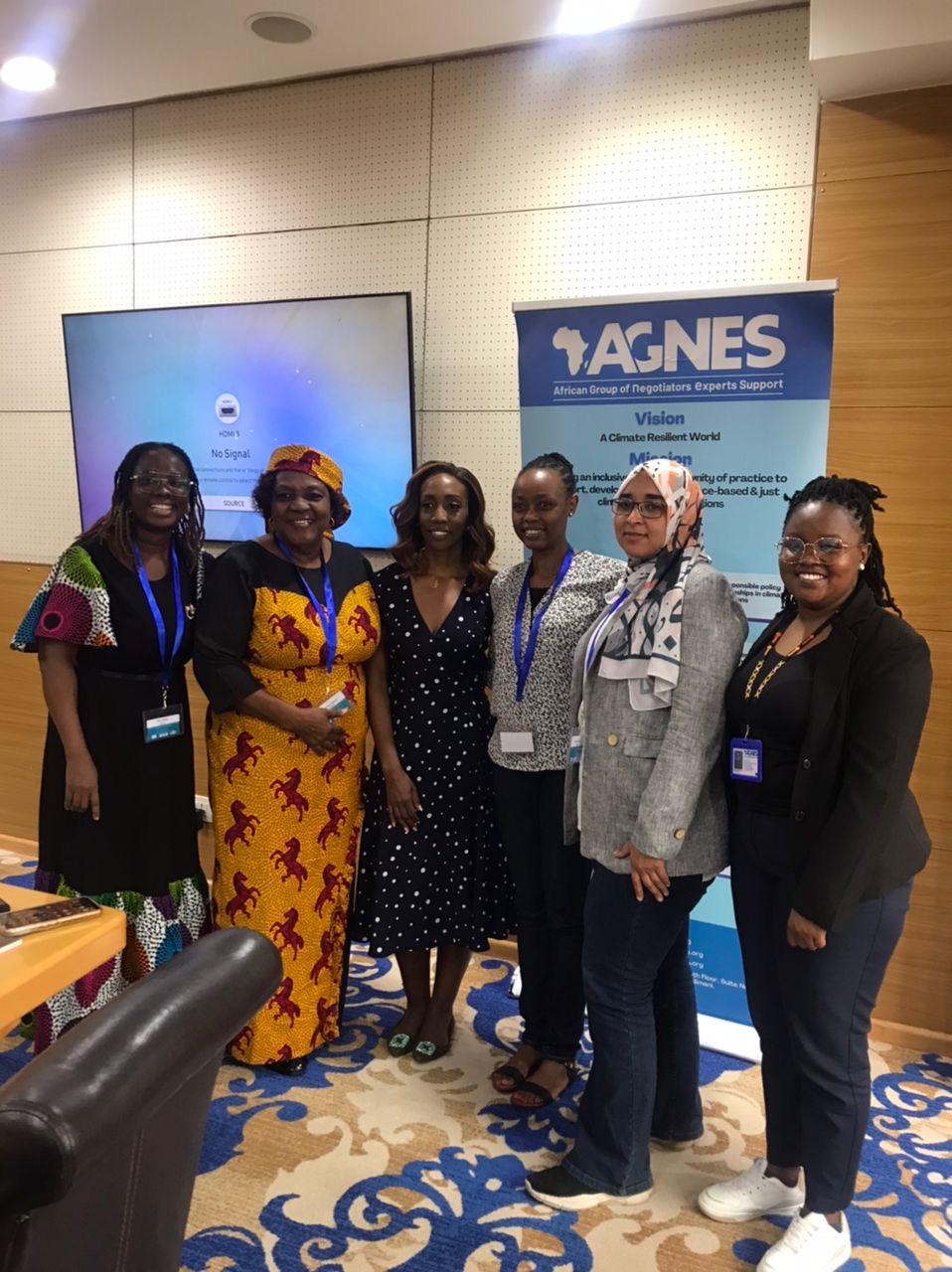
Trending Now
Hot Topics
Related Articles
Why Animals Are a Key Piece of Africa’s Disaster Resilience Puzzle
Across Africa, people and animals have coexisted for centuries, not just sharing...
Leaders Call for Stronger Monitoring to Turn Ecosystem Restoration Commitments into Results
Nairobi, Kenya — 27 January 2026 Country and regional leaders, alongside technical...
Worm Tea: A Natural Path to Farming Without Harmful Chemicals
For much of his early farming life, Isaac Mubashankwaya believed chemical fertilizers...
Enroll Now Before 31 December 2025: International German Language Exams Launch in Rwanda
Rwanda will host the European Consortium for the Certificate of Attainment in...


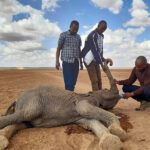
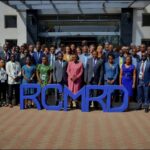




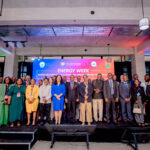
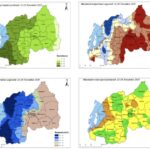
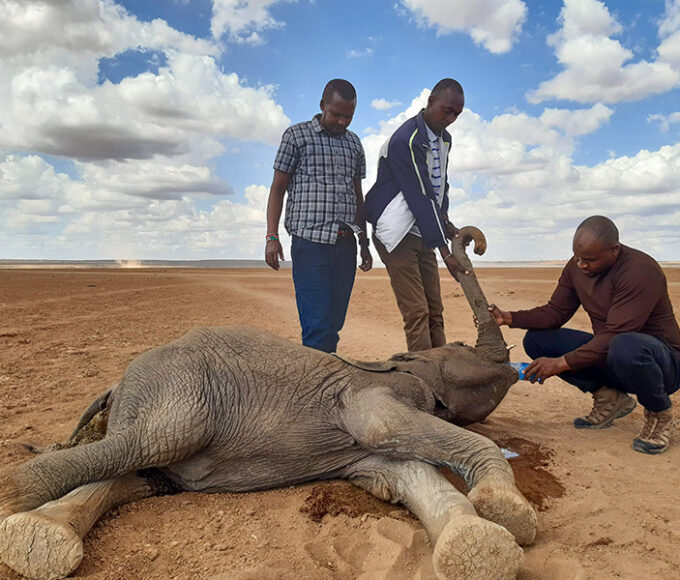
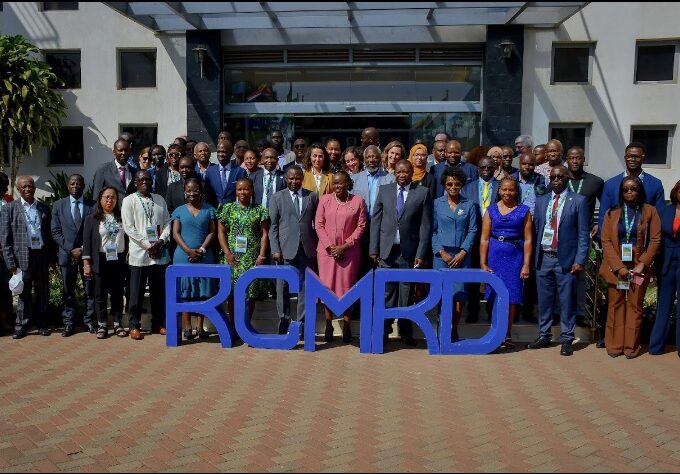
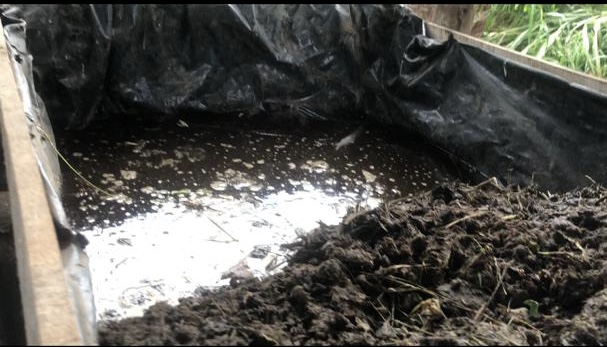
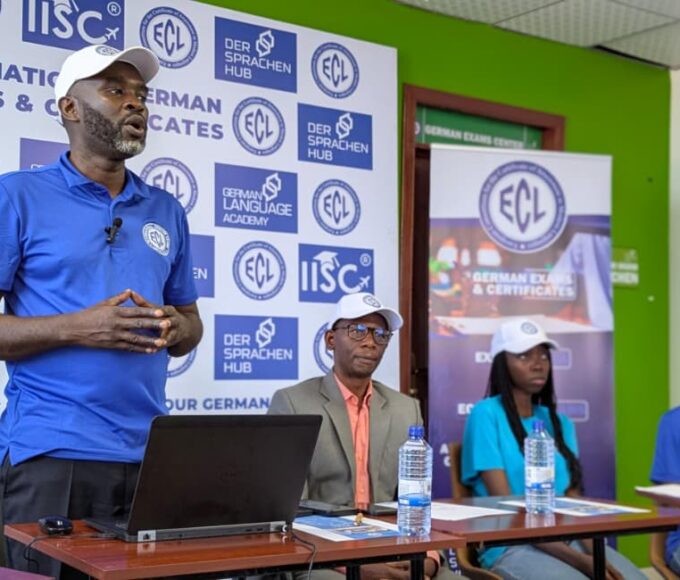
Leave a comment